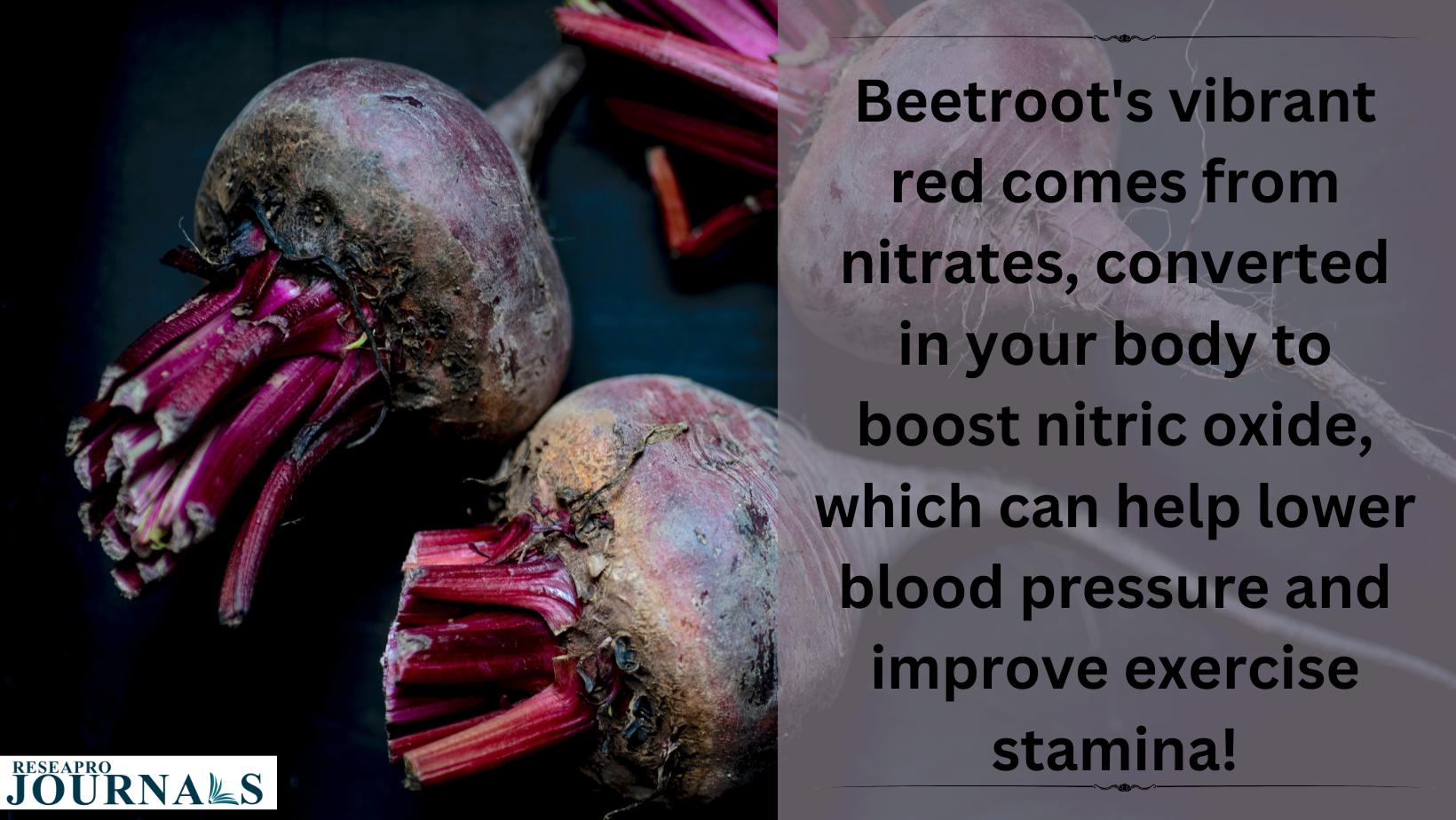|
Getting your Trinity Audio player ready...
|
Beetroot (Beta vulgaris L.) is a rich source of nutrients and bioactive substances such as fibre, carbohydrates, and phenolic compounds. In addition, this vegetable contains macro- and microelements such as potassium, iron, calcium, copper, sodium, and zinc, as well as vitamins B1, B2, B3, B6, biotin, and B12.
The beetroot peel contains the most betanin. It has been discovered that there is a relationship between antioxidant activity and betacyanin concentration. Beetroot’s antioxidant qualities are attributed to betacyanins, flavonoids, phenolic acids, and ascorbic acid.
Betroots may have several positive health effects, including boosting the immune and circulatory systems, enhancing endothelium function, controlling blood pressure, shielding the kidneys, liver, and intestines from toxins, preventing the negative effects of radiation, and fortifying the stomach mucosa.
Beetroot is consumed in various forms, such as fresh vegetables, juice, pickles, chips, and gel. Dietary supplements containing Beta vulgaris L., manufactured in the form of tablets, lozenges, capsules, juices, powder, and many others, are also popular.
Despite the growing popularity of beetroot supplements, there is a lack of research on the quality and safety of their use.




